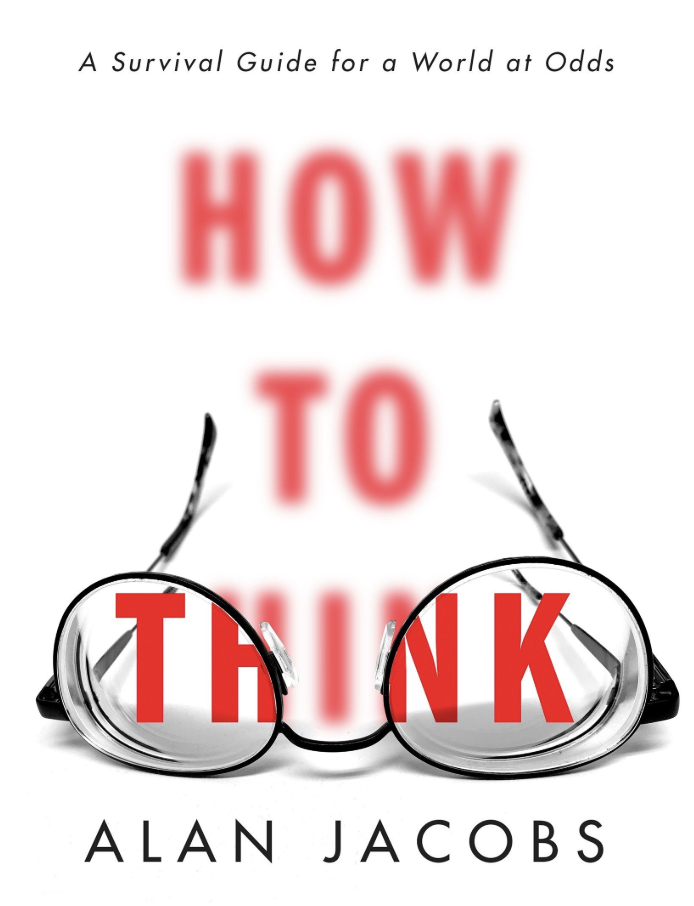If our beliefs are often shaped by who we want to be in community with, our communities are often strengthened by who they refuse to have community with, those people who are no are longer neighbors but “others.”
Jacobs’s examples and analysis in this chapter are only more poignant now as we enter a new presidential election cycle. He begins by talking about how people negatively reacted to a blogger who expressed his happiness that Osama Bin Laden was dead and how those same people then gleefully celebrated the death of Margaret Thatcher. He ends by quoting the vulgar exchanges Sir Thomas More and Martin Luther had during the Reformation. Scorched earth.

Jacobs offers two pieces of advice to help temper our repulsions.
- Find people who you trust who do not hold your same views. This act of intellectual humility will force you to consider that you don’t have everything figured out and that someone who doesn’t share your view on X issue is still your neighbor.
- Emotions are not the problem. Making rationality and emotions mutually exclusive is much more dangerous.
In an effort to help students acclimate to this advice, I will have them pick a third-tier belief of theirs (e.g NASCAR is the best sport in the world; that Chick-Fil-A has the best chicken sandwiches on the fast food market; that Star Trek is better than Star Wars), something that they feel passionately about but where the stakes are not too high. Then, I will ask them to find someone who articulates the opposite view (e.g. that NASCAR blows, that Zaxby wipes the floor with Chick-Fil-A, or that Star Wars eats Star Trek’s lunch every day of the week). We’ll do our same summary/analysis exercise with the articles/write-ups they find and pray that with some engagement, our opponent remains, despite being an adversary, our neighbor.
